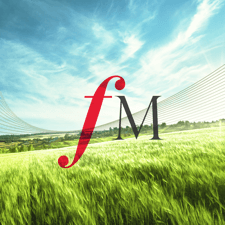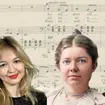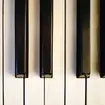What is Evensong, and what happens at a service?
13 December 2021, 10:44
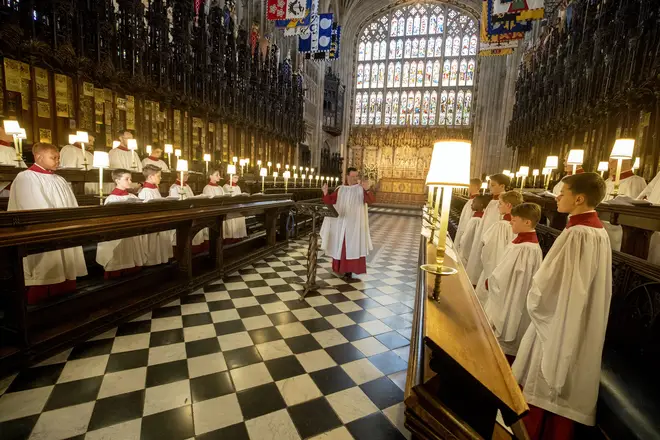
We unpick the meaning, contents and history of the church’s traditional Evensong service.
Listen to this article
Loading audio...
A wonderful thing about religion for many is the comfort, togetherness and sense of occasion its traditions and ceremonies provide, day in and day out.
Daily, weekly and yearly services fill the Christian calendar to inspire solemn worship and appropriate celebration for people of religious faith.
And a key daily service of the Church of England or Roman Catholic Church is Evensong.
What is Evensong?
Evensong is a church service that’s traditionally held every day as the sun goes down, marking the passing of another day in faith.
It’s fairly short, usually around 40 minutes, and features choral music, readings and prayers.
Read more: Alexander Armstrong to present special Christmas Evensong on Classic FM
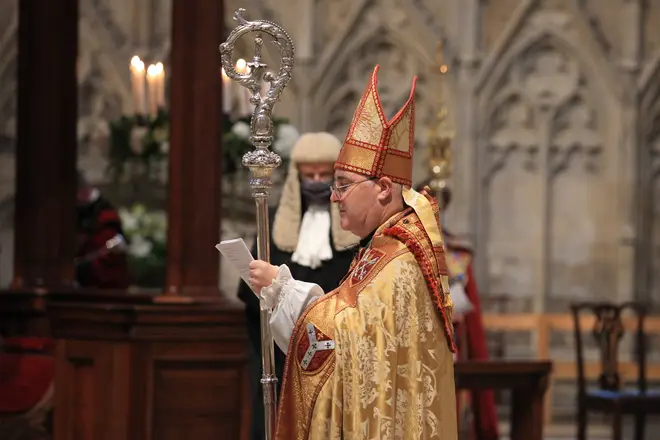
What happens at Evensong?
The service is introduced by an officiant, who welcomes the congregation and leads prayers, and it is attended by a clergy, choir and organist, as well as the congregation.
Most of the service is sung by the choir on behalf of everyone present, although the congregation is invited to join in with some prayers and communal hymns if desired.
The modern Evensong service is based on a pattern laid out by The Book of Common Prayer in the Anglican Church, and it features choral music, readings and prayers, which the congregation listens to, and either responds to or joins in with, defending on the part of the service.
An order of service will usually prompt those present as to where in the service they have got to, and where they can join in, if they wish.
Attendees can follow closely along with the prayers of the service and speak and sing when instructed, or simply choose to bask in the glory of the beautiful music.
Traditionally, the music featured in Evensong includes settings of psalms, canticles, and anthems. These are punctuated by scripture readings and prayers.
In terms of structure, Evensong usually starts with a welcome from the officiant and a set of responses, before a psalm and a set of canticles is sung. There will then typically be readings, and further responses and prayers, including the Lord’s Prayer. A choral anthem is sung before a set of prayers relevant to the life and times of the congregation, and a final set of readings and spoken prayers, brings the service to a close.
Read more: Church of England joins with Classic FM to release first-ever Christmas single

John Rutter, The Lord bless you and keep you. Sung by Bobby Goulder
What are its origins and history?
Modern Evensong is believed to be descended from the traditions and practices of the medieval monastic offices of the Roman church.
In 1549, these were consolidated and incorporated into the first Book of Common Prayer, which was published as part of the English Reformation (separation from the Roman church).
Much of the contents of the book was produced by the scholar Thomas Cramner, who was Archbishop of Canterbury during Henry VIII’s reign. He researched, translated and simplified old prayers for use in Anglican services.
Evensong today is observed daily at many cathedrals of the Church of England, the Church in Wales, the Scottish Episcopal Church, the Church of Ireland, and at university college chapels. University choral evensong is usually sung during term time, and replaced by Evening Prayer when the choirs have broken up for holidays.
Episcopal Church and Anglican churches in the US and around the world also observe the tradition.
Evensong has inspired compositions from some of the finest composers of choral music in history, from English Renaissance master Thomas Tallis to late Romantic Irish composer Charles Villiers Stanford.
Join us on 24 December 2021 for Alexander Armstrong’s Christmas Evensong, as Alexander shares his love of choral music and showcases music from some of the UK’s greatest cathedral choirs.
